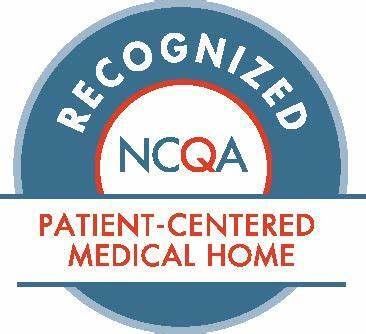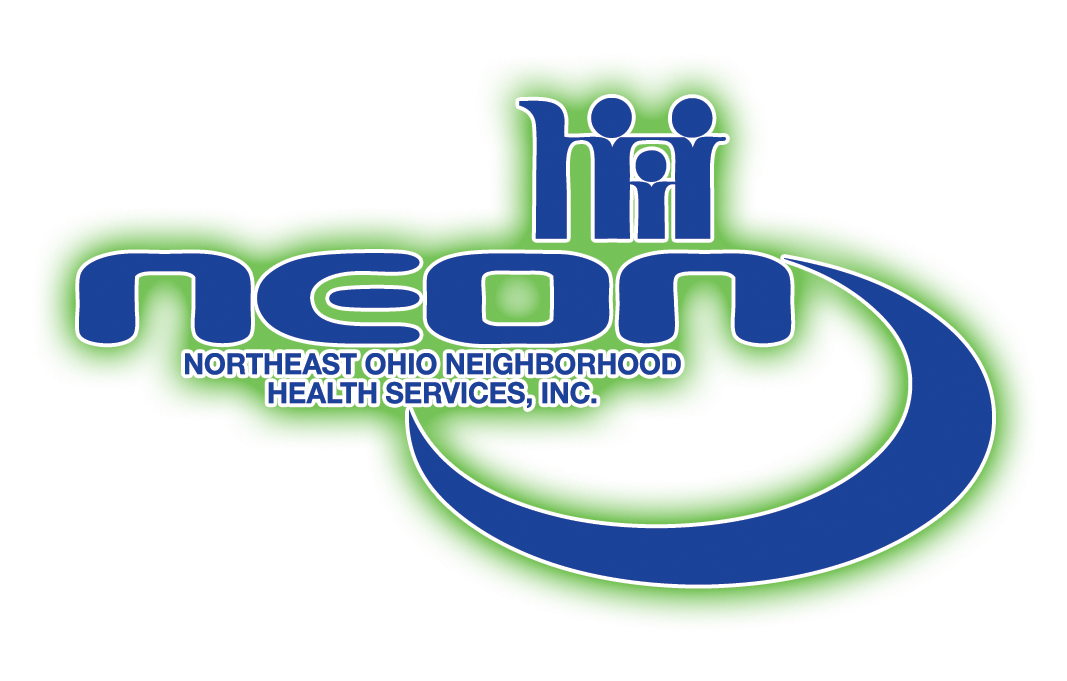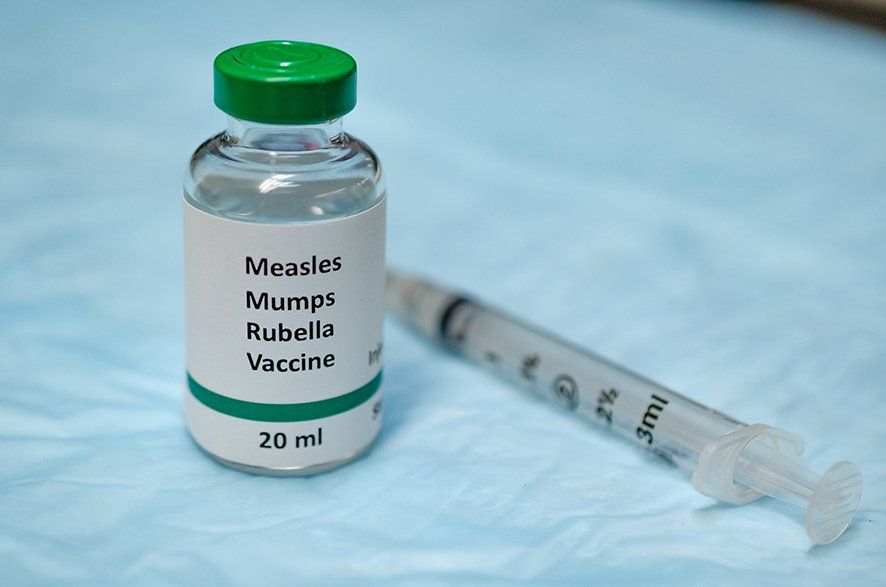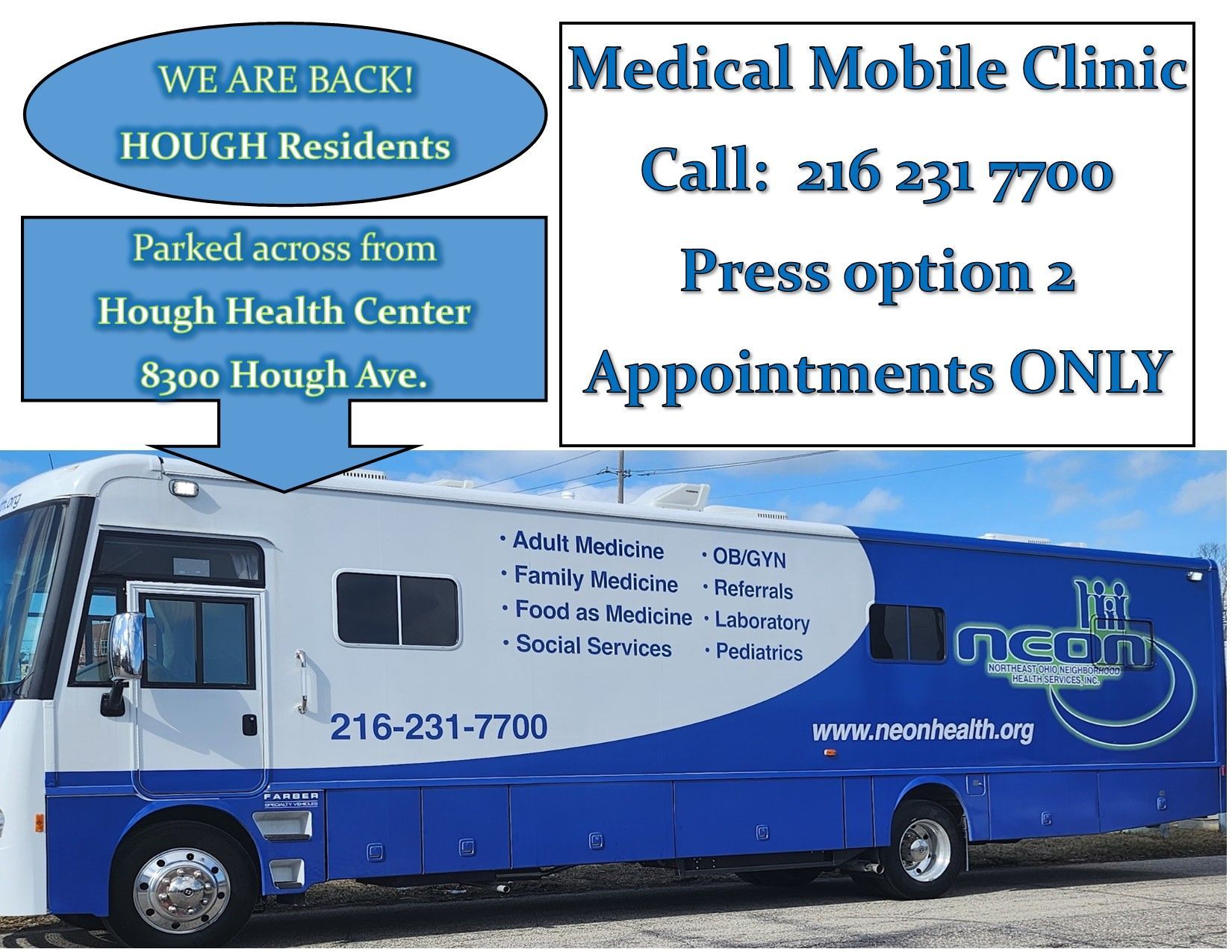My Aching Head: Understanding And Managing Common Headaches
If you suffer from frequent headaches, you already know how disrupting they can be to your life. Even mild headaches can interfere with your daily tasks and social life, and severe headaches often result in missed workdays and canceled plans. Fortunately, many headaches can be treated once the type of headache is identified and preventative measures are adapted.
Tension Headaches
If you suffer from mild to moderate headaches that create a band-like sensation around your head, you're probably dealing with tension headaches. These headaches may occur several times a month and can become chronic. They are often associated with high periods of stress and anxiety.
Tense muscles in the neck and head trigger these headaches. Static positions, such as sitting in front of a computer for long periods of time or driving for long distances, can lead to tight and tense muscles in the neck and head. Tension headache pain tends to feel dull, and your scalp may feel tender and sensitive to touch.
Avoid static sitting positions, get adequate rest, reduce stress, and stay well-hydrated to help alleviate tension headaches. Over-the-counter pain relievers can be helpful but should be used sparingly. All recurrent headaches should be discussed with your healthcare provider to rule out other serious causes.
Migraine Headaches
Migraines can come on suddenly and without warning and may be preceded by notable symptoms in the days prior to developing the headache. Some sufferers note a stiff neck, frequent yawning, food cravings, constipation, and mood changes before the actual headache arrives.
Other sufferers experience an aura such as flashing lights, blind spots, and blurred vision immediately before the onset of a migraine headache.
Migraine headaches typically cause severe pain on one side of head, but in some cases, people only experience visual symptoms with no head pain. These painless migraines are often referred to as ocular or visual migraines. These visual disturbances usually only last between 5 and 30 minutes but can be followed by feeling fatigued, and the eyes may feel sensitive to light for a day or two following ocular migraines.
Migraines are often linked to certain foods and drinks. Aged cheese, wine, chocolate, and salty processed foods seem to be a trigger for some people. If you suffer from migraines, keeping a food diary to take along to your doctor can be helpful in determining if food sensitivities are playing a role in your headaches.
Hormone changes can also lead to migraines in some women, and it's not uncommon for a woman to get a migraine the week leading up to her menstrual cycle. Any event that causes hormone fluctuations may contribute to migraines, such as using birth control pills or going through menopause.
Sinus Headaches
Head colds and allergy attacks are often associated with sinus headaches. If you suffer from a sinus headache, you will feel a constant pressure around the eyes, across the nose, or in the forehead or cheeks. Your gums and teeth may also ache.
Inflamed sinus cavities in the head lead to these headaches. You may have a runny nose, stuffed up ears, and swollen cheeks, and you may also run a fever and feel unwell. Over-the-counter pain relievers and decongestants can help provide relief. However, discussing any recurrent headache symptoms with your doctor is important, especially if a fever is present.
Understanding the cause of headaches and how to best treat your symptoms is the first step to getting relief from the pain of headaches. Your doctor can discuss medication and lifestyle change options available to keep your headache days to a minimum.
If you are tired of missing workdays and social activities due to headaches, Contact NEONto discuss all your headache concerns and treatment options.






